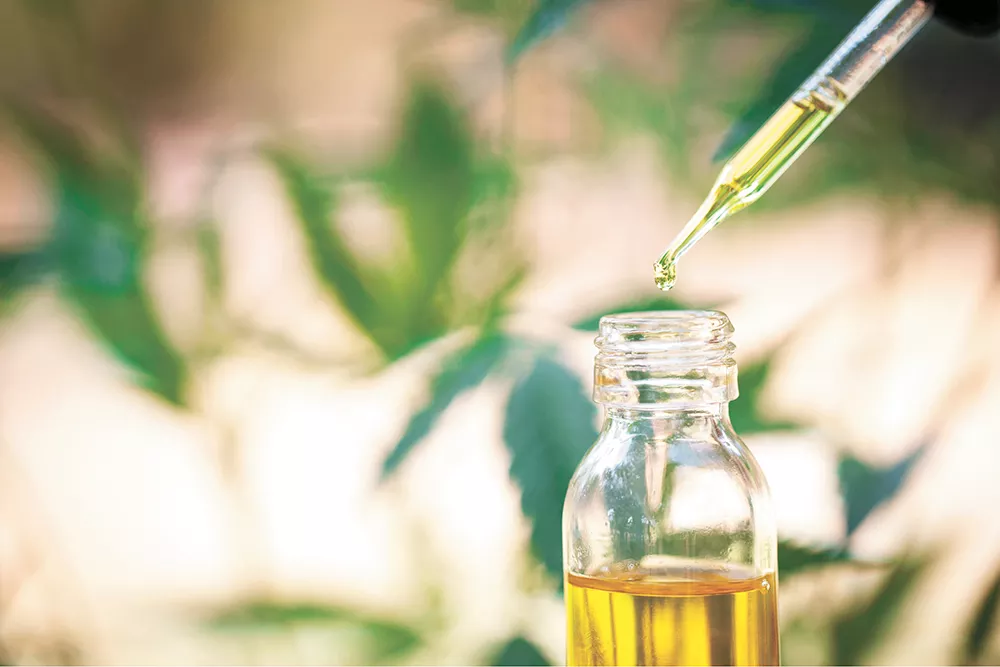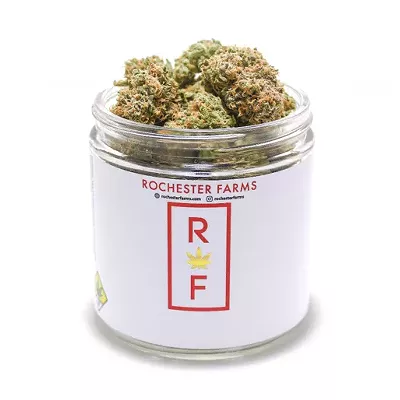You can find it in recreational stores alongside traditional marijuana products, or being sold over the counter next to nutritional supplements, and recently it's been popping up alongside hemp milk at coffee shops. Cannabidiol, or CBD as you likely know it, has been blowing up.
But why, what is it, and what should you know about it?
One of over 100 compounds found in marijuana, CBD is the second most prevalent active ingredient in the plant behind THC. Unlike the latter, CBD doesn't produce a high. Instead, it's seen as a drug in the more medical sense of the word; the CBD explosion is due in large part to the myriad purported health benefits associated with the compound.
Unfortunately, due to decades of federal prohibition on marijuana, "purported" is an important word to remember. We still don't know too much about what exactly CBD can do.
The FDA recently announced it would be working to implement stronger regulation of CBD products. That's good. But it also means such regulations currently don't exist. As is the case with all other dietary supplements in the United States, you have to take the manufacturer at their word. Which means, simply put, we don't necessarily know what's in the CBD products we're taking for conditions, which CBD may or may not treat.
True to the scientific method, placebo-controlled and peer-reviewed studies on CBD are few and far between. As far as health benefits go, such studies are almost exclusively limited to the use of CBD in treatment of epilepsy. Those studies have shown CBD to be an exceptionally effective drug for people with rare and brutal forms of epilepsy, particularly children.
Beyond that, claims range from probably to maybe.
A piece published last year in the Harvard Health Blog by Peter Grinspoon, a practicing physician who teaches at Harvard Medical School, points to anxiety, insomnia and pain, specifically inflammatory and neuropathic in origin, as conditions where CBD has shown to be promising. But he notes that even in those areas, more studies must be conducted.
Fortunately, CBD doesn't have many negatives associated with it. Side effects such as nausea and fatigue are mostly mild — though, more seriously, it has been shown to interact with blood thinners.
By and large, CBD's recent explosion in popularity is because the compound is seen as safe and, possibly, effective. See for yourself what benefits CBD can bring, but take the claims with a grain of salt as you take CBD oil with your morning latte. ♦





















